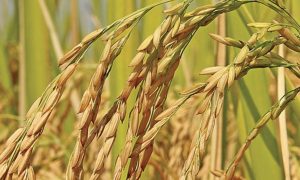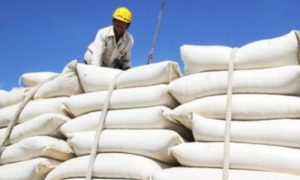Morocco merges wheat import subsidy rates in boost for Russia

Morocco has modified its wheat import subsidy scheme to offer the same rate for all supply origins, a step that traders say could encourage some shipments from top exporter Russia.
State grains agency ONICL said in a notice published on its website that from Aug. 1 subsidies will be based on the cheapest out of German, Argentine, French and U.S. wheat prices.
The document did not mention Russian and Ukrainian supplies, which previously had been attributed a lower subsidy rate compared with other origins, and traders said this meant that wheat from the Black Sea countries would now receive the same subsidy as other origins.
ONICL was not immediately available to comment further on the subsidy changes.
Morocco is currently offering subsidies to import 2.5 million metric tons of wheat for the July-September period after its local harvest was affected by low rainfall for a second year.
It has become the biggest export market for European Union wheat but traders say the EU could face stiffer competition this season after Morocco already took steps to encourage more shipments from the Black Sea region.
Given uncertainty over exports from war-torn Ukraine after Moscow withdrew from an accord allowing shipments from Ukrainian Black Sea ports, Russia could reinforce its leading role in wheat shipments as it is set to harvest another large crop this year.
Moscow has pledged to ship more grain to Africa.
However, some traders cautioned that Moroccan importers remained reluctant to trade Russian and Ukrainian supplies due to war-related risks, and prefer EU origins because of shorter shipping distances and suitability for local milling standards.
ONICL’s move to level subsidy rates in favour of Black Sea supplies may also be a temporary response to a lack of reliable price benchmarks for Russian and Ukrainian wheat since the collapse of the corridor agreement, traders added.
Source: Reuters (Reporting by Gus Trompiz in Paris, Michael Hogan in Hamburg and Ahmed Eljechtimi in Rabat; Editing by Kirsten Donovan)














